How event-based surveillance is saving lives across Africa
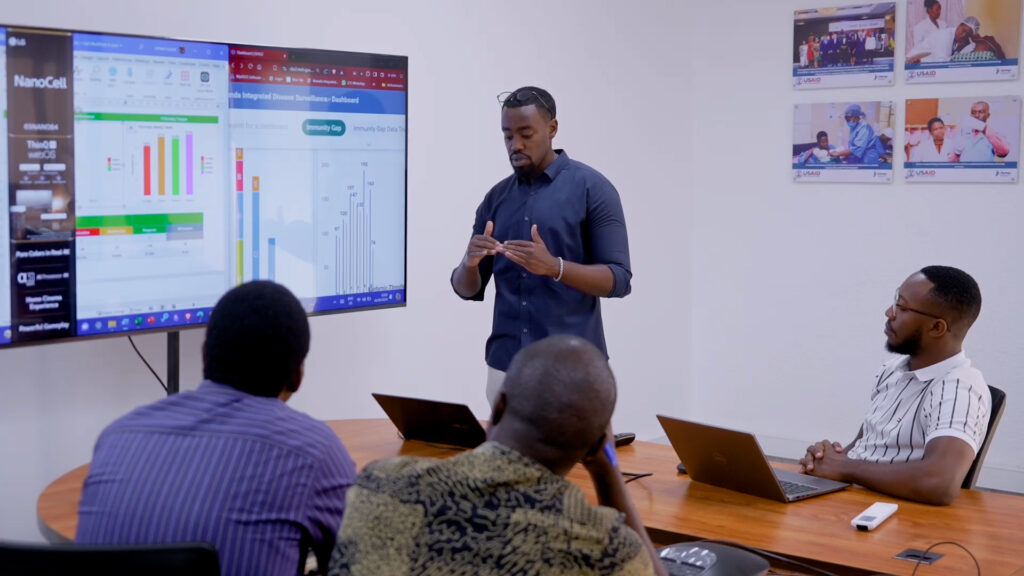
We partnered with National Public Health Institutes in five African countries to detect outbreaks faster using early warning signals.
Advancing subnational health security through legal reform in Nigeria

We spoke with Emem Udoh, a senior legal advisor at Resolve to Save Lives, to find out how his team is using state-level legal reforms to keep Nigeria safe from public health threats.
Health security leaders from six countries scale their skills at the PMEP Connect regional training in Ethiopia

From June 16–20, 34 health leaders from six countries joined a PMEP training in Ethiopia to strengthen epidemic preparedness. Supported by WHO and Africa CDC, the workshop focused on financing, stakeholder engagement, and strategic planning to boost national health security.
Activating leadership to strengthen Nigeria’s health security

Leadership is an act, not just a position. Nigeria’s health security leaders join PMEP, our learning laboratory for global epidemic prevention management.
How fake patients are helping real health facilities prevent epidemics
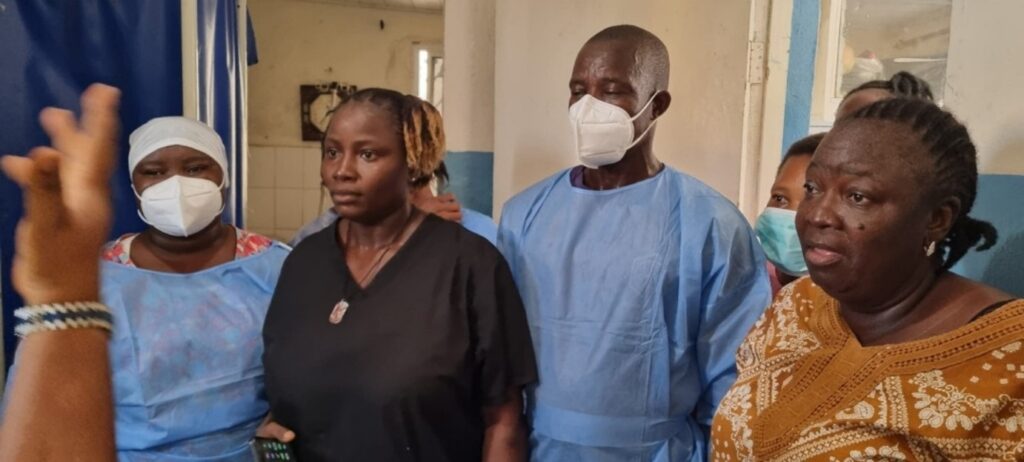
We tested the epidemic readiness of primary health facilities in four countries using “mystery patients”.
Talking “Foundations for sustainable health” with Gates Foundation at the World Health Assembly

Launching our blueprint for epidemic-ready, climate resilient and sustainable primary health care.
Ethiopia National Infection Prevention and Control Policy
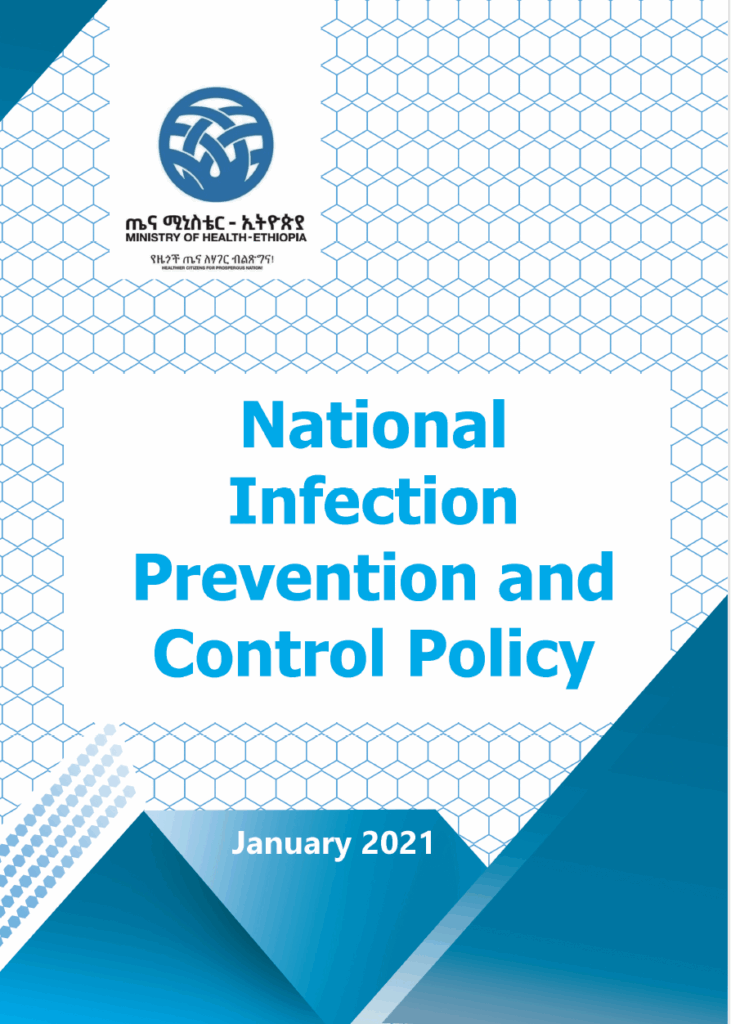
The Ministry of Health Ethiopia, in collaboration with all relevant stakeholders; in line with internationally acclaimed standardized recommendations has developed this National Infection Prevention and Control Policy for Health Care Services to assist health care workers and other IPC stakeholders in the design, implementation, monitoring, and evaluation of IPC programs in Ethiopia. The Ministry remains […]
Ethiopia National Healthcare Associated Infections (HAIs) Surveillance Guideline
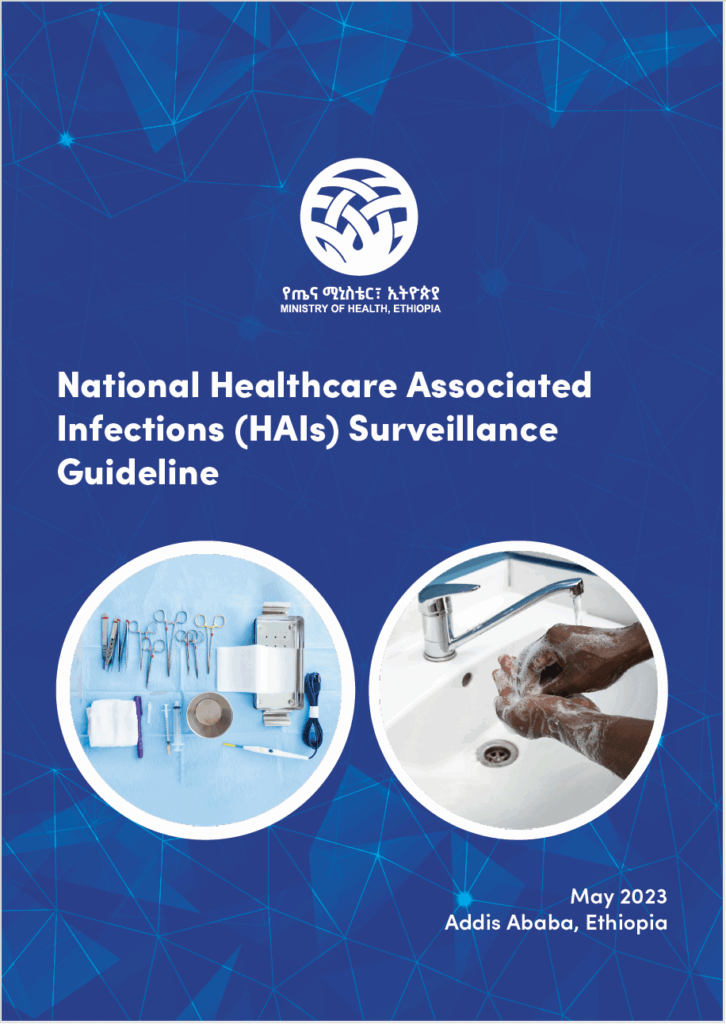
Ethiopia National Healthcare Associated Infections (HAIs) Surveillance Guideline is intended to serve as a guide for health care professionals in general, and for IPC professionals in particular, to ensure that the critical elements and methods of surveillance for health care-associated infections (HAIs) are incorporated into their practice. It provides guidance for each of the surveillance […]
Ethiopia National Infection Prevention and Control Strategy and Roadmap 2021/22-2025/26
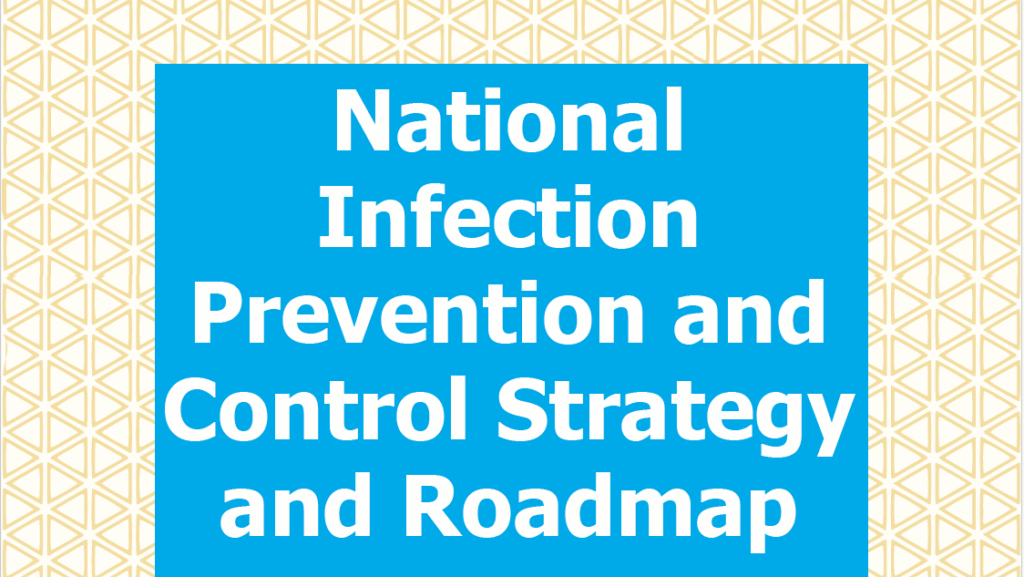
Ethiopia’s national IPC strategy and roadmap for 2021-2026 is intended to guide and outline the strategic interventions required to prevent, reduce and control the development of health care-associated infections (HAIs) and antimicrobial resistance (AMR), ultimately improving patient safety and health outcomes.
Ethiopia national IPC reference manual, Volume 2: Advanced and special settings
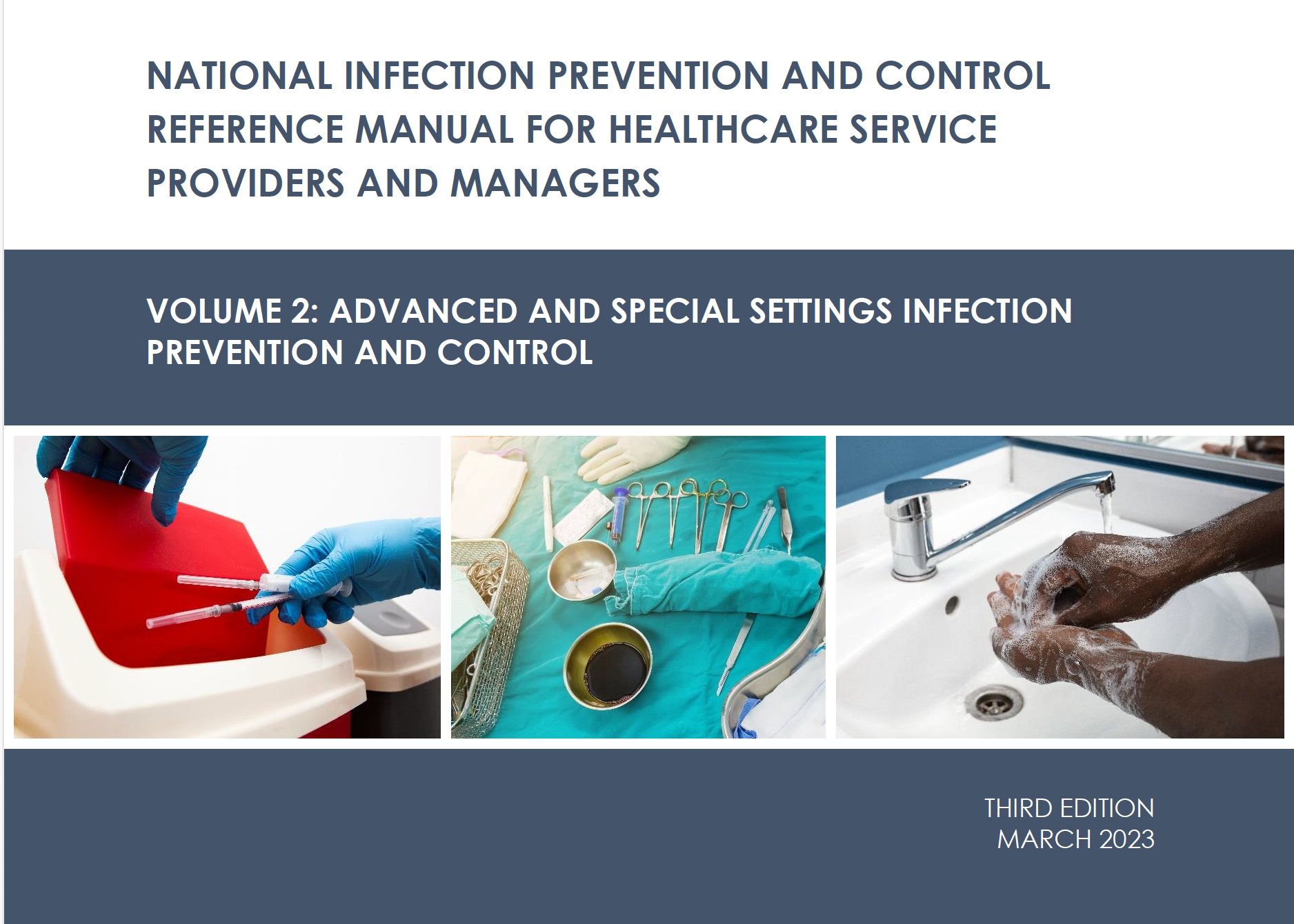
Full title: National infection prevention and control reference manual for healthcare service providers and managers, Volume 2: Advanced and special settings infection prevention and control, Third edition. The manual is divided in two volumes: Volume I covers general IPC and Volume II addresses more advanced IPC and special settings. The document serves as a standardized […]
Ethiopia national IPC reference manual, Volume 1: General infection prevention and control
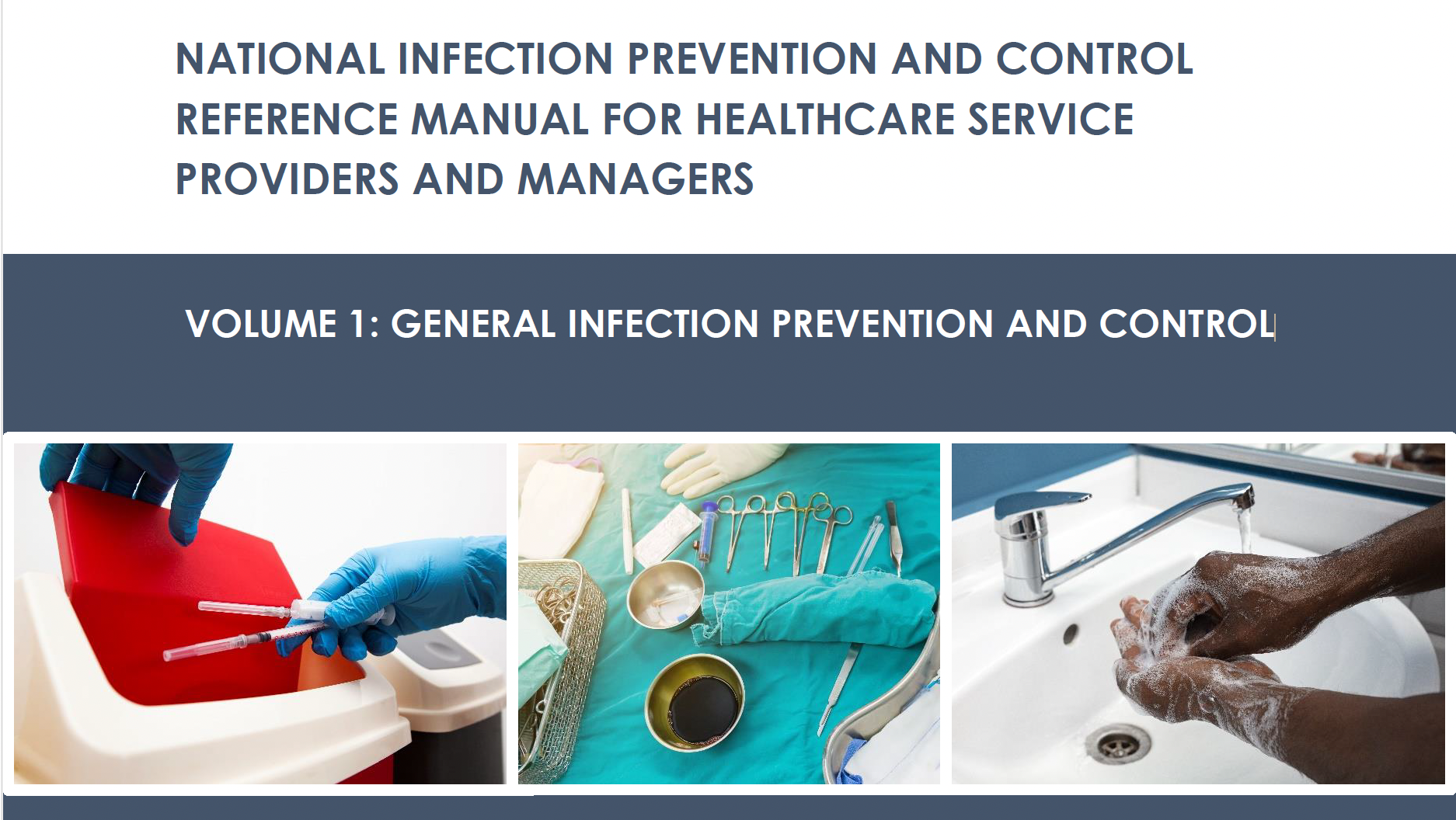
Full title: National infection prevention and control reference manual for healthcare service providers and managers, Volume 1: General infection prevention and control, Third edition. The manual is divided in two volumes: Volume I covers general IPC and Volume II addresses more advanced IPC and special settings. The document serves as a standardized IPC reference manual […]
Unleashing the full potential of 7-1-7
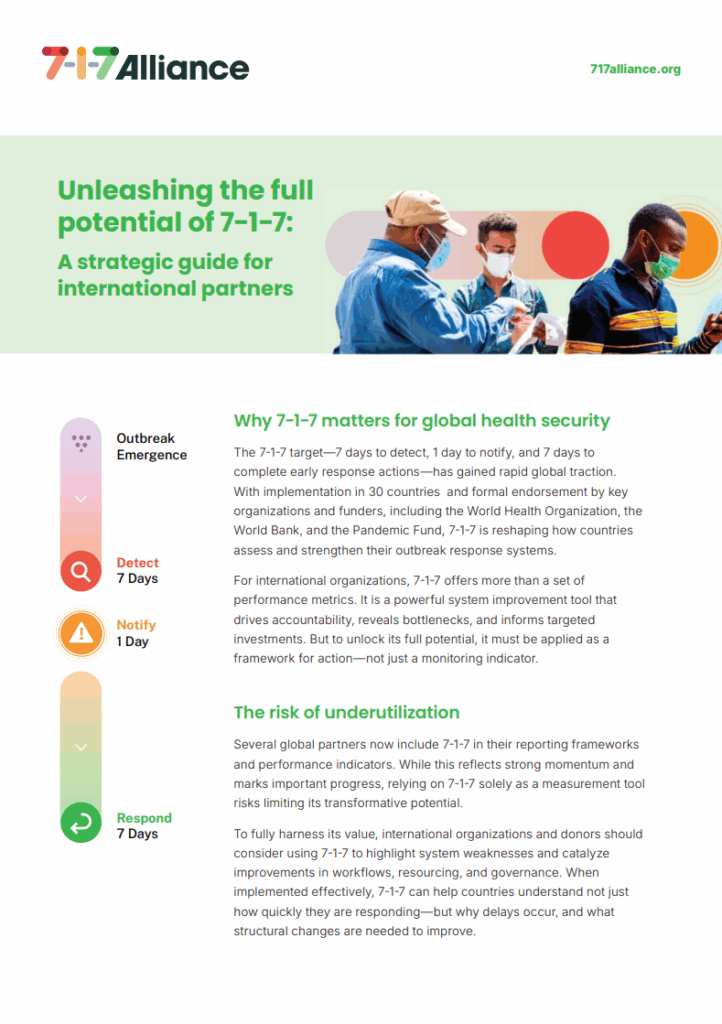
A strategic guide for international partners on the powerful system improvement tool that drives accountability, reveals bottlenecks, and informs targeted investments.
From signals to systems: Strengthening epidemic readiness through climate-informed strategies
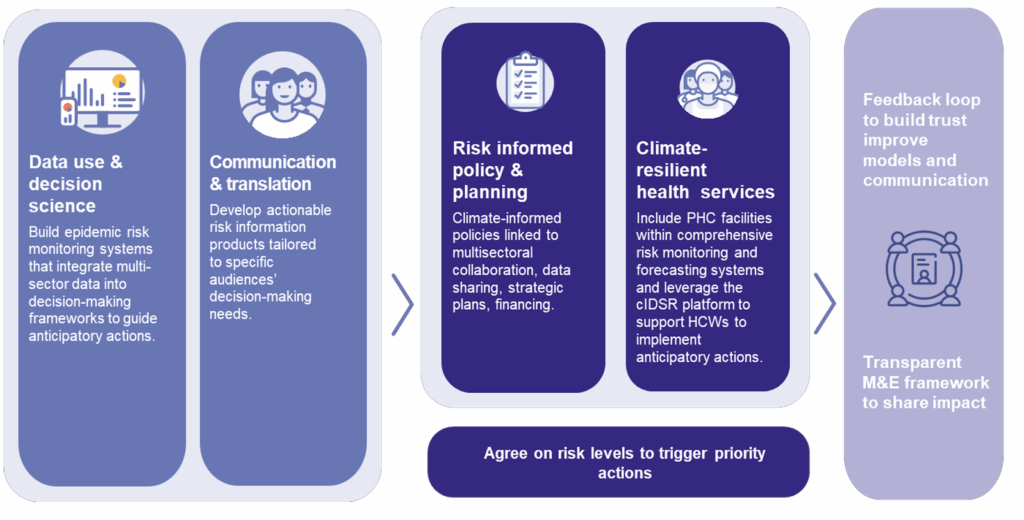
This issue brief outlines how Resolve to Save Lives is supporting governments to strengthen epidemic readiness by integrating climate data into health systems. Key strategies include building epidemic risk monitoring systems using real-time climate data, improving communication of climate-health risks, embedding climate-sensitive protocols into health policy and developing resilient primary health care infrastructure. These efforts […]
From 18 countries to yours: Actionable 7‑1‑7 bottleneck insights
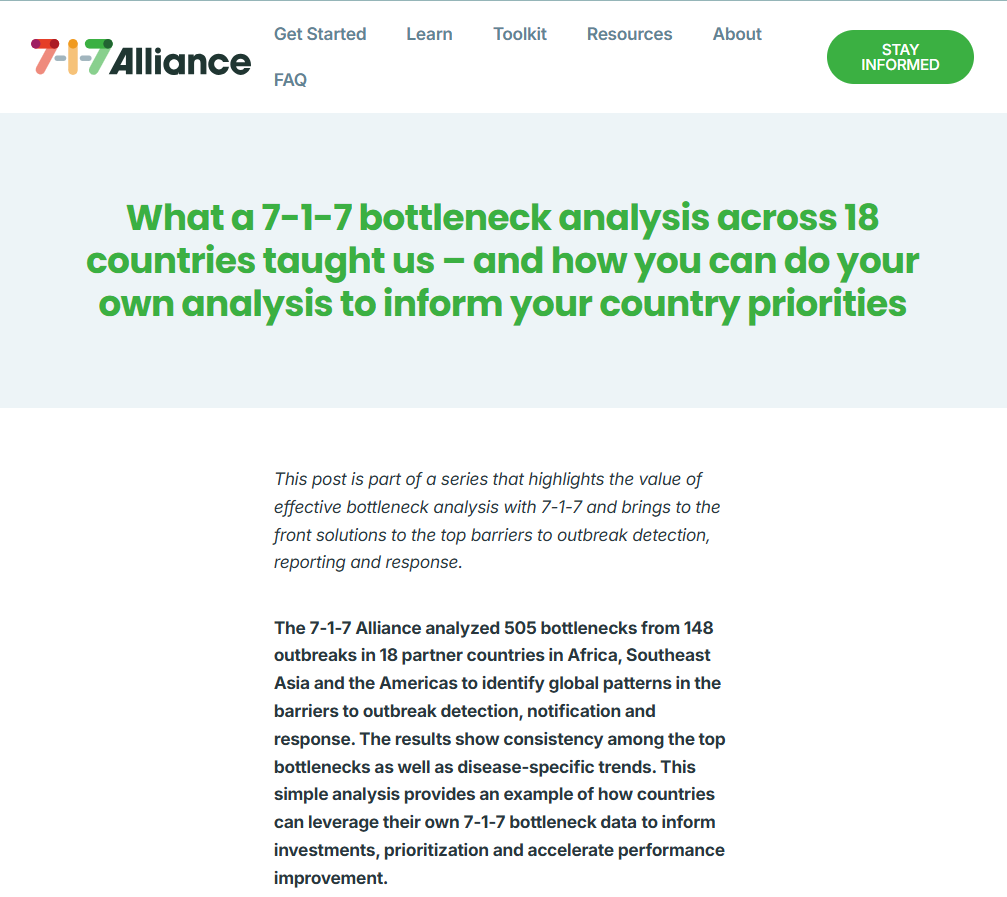
The 7-1-7 Alliance to identifies global patterns in the barriers to outbreak detection, notification and response and provides an example of how countries can leverage their own 7-1-7 bottleneck data to inform investments, prioritization and accelerate performance improvement.
Bridging health security funding gaps with rapid outbreak financing

How South Sudan is bridging funding gaps to strengthen health service delivery with support from RTSL.
Actionable 7‑1‑7 bottleneck insights: Resources for rapid outbreak investigation
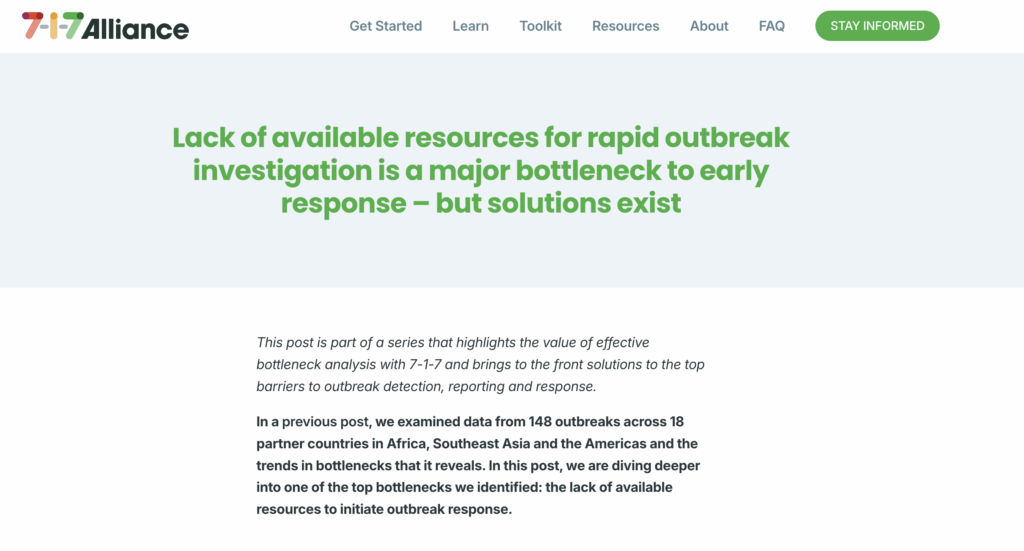
This resource from the 7-1-7 Alliance is part of a series that highlights the value of effective bottleneck analysis with 7-1-7 and brings to the front solutions to the top barriers to outbreak detection, reporting and response.
Development and Implementation of a Public Health Event Management System, Nigeria, 2018–2024
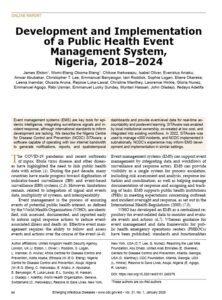
In a study published in Emerging Infectious Diseases, Resolve to Save Lives and colleagues explore the role of event management systems (EMS) in epidemic intelligence, focusing on the Nigeria Centre for Disease Control and Prevention’s (NCDC) SITAware software. EMS are essential for integrating surveillance signals and managing incident response, though international standards for their development […]
Strengthening country architecture for epidemic preparedness
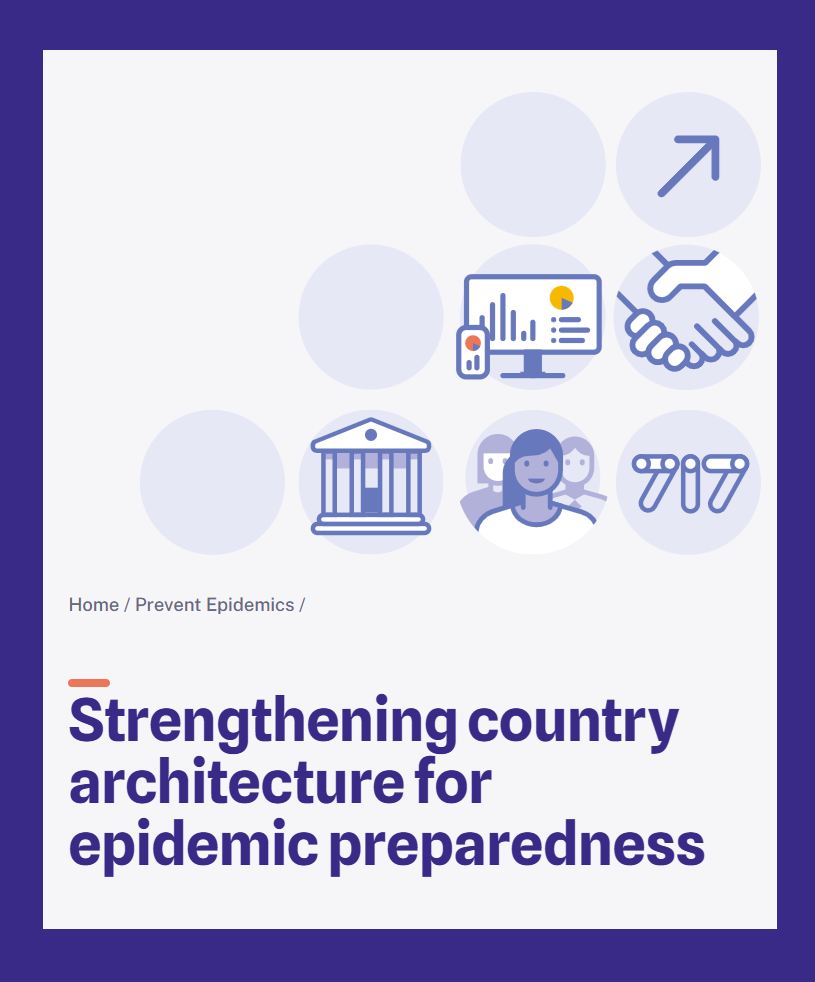
Five recommendations for strengthening health security at the country level—developed and refined hand-in-hand with governments and partners.
RTSL donates IPC supplies toward an “Epidemic-ready” Ethiopia
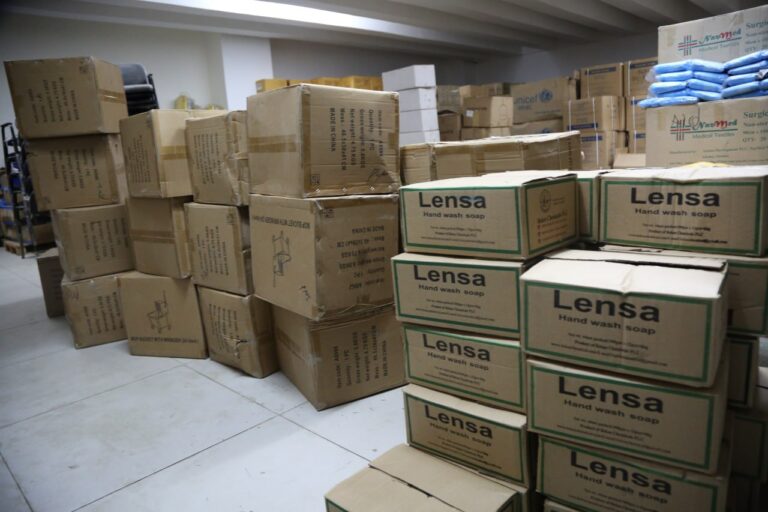
Our partnership supporting Addis Ababa’s health centers to better prevent and respond to epidemics will expand to South Ethiopia this year.
A research agenda for urban health security
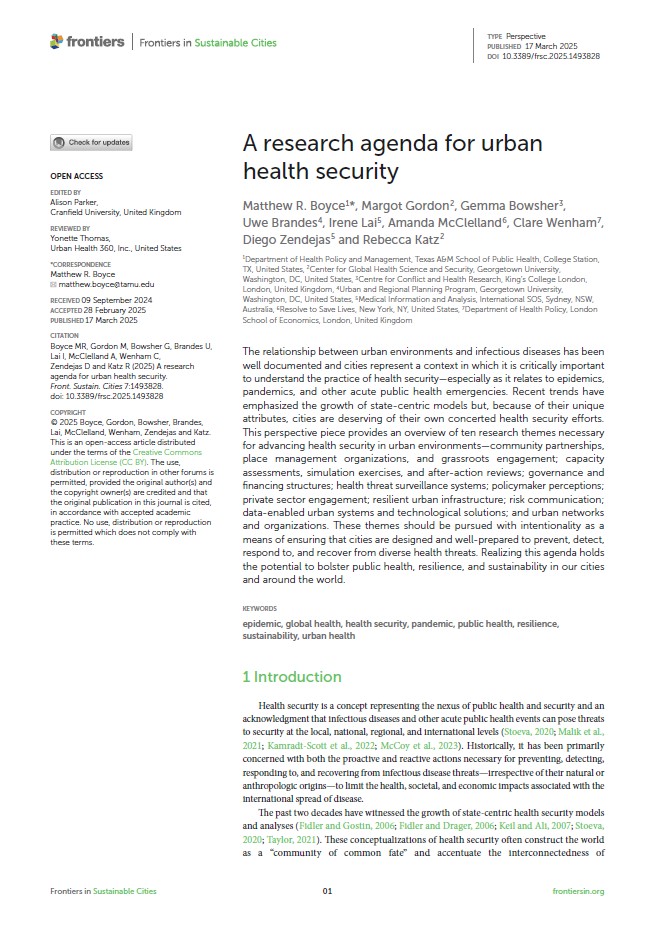
In a perspective piece published in Frontiers in Sustainable Cities, Resolve to Save Lives and partners outline ten key themes for strengthening health security in urban environments. Given cities’ unique vulnerabilities to infectious diseases, the paper highlights areas such as community partnerships, governance and financing, risk communication and resilient infrastructure as critical for epidemic preparedness. […]
Highlighting epidemic prevention at the 2025 Africa Health Agenda International Conference

RTSL Nigeria’s Executive Director, Nanlop Ogbureke outlined three proven strategies to ensure countries can respond effectively to health threats.
With significant progress in Recife, Brazil expands 7-1-7

In early 2023, health officials in Recife, Brazil started applying the 7-1-7 target for timely detection and control of infectious disease outbreaks as part of their plan to track and contain outbreaks during Carnival. New data shows over 30% improvement in reaching the target over two years.
Three action items for a coordinated response to the threat of H5N1 in the U.S. and beyond

How systemic failures are undermining H5N1 response efforts—and how the United States can do better.
Advocacy for action: domestic financing for IPC in Ethiopia
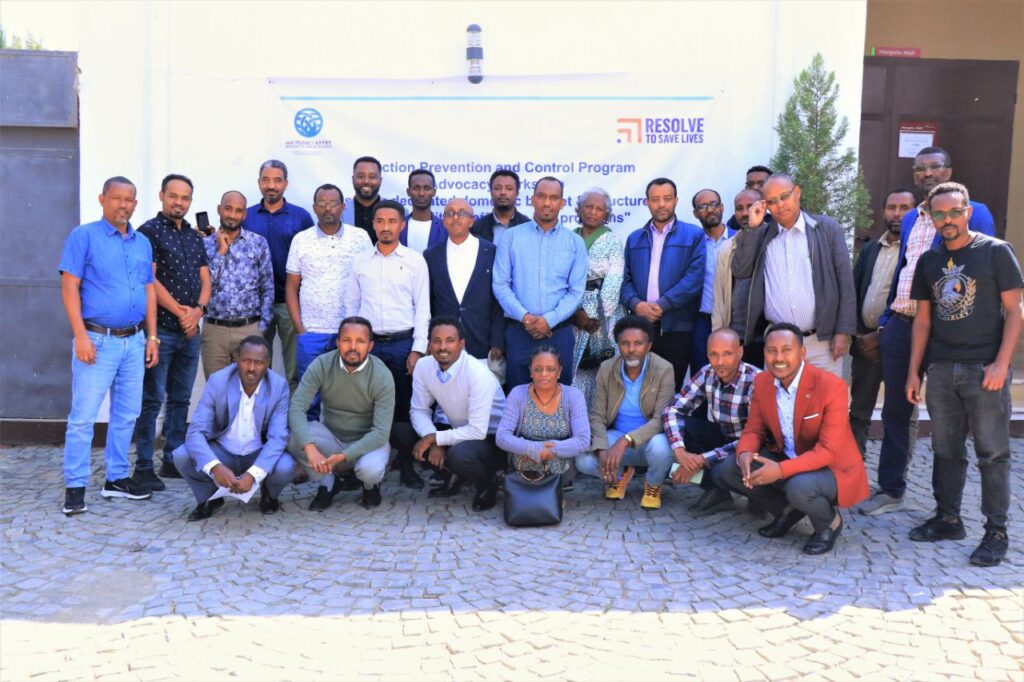
A two-day advocacy workshop focused on the need to strengthen IPC programs to combat health care-associated infections and address the growing threat of antimicrobial resistance.
Development of a Subnational Health Security Capacities Assessment Tool: Lessons From Nigeria and Implications for the Implementation of the Integrated Disease Surveillance and Response Strategy
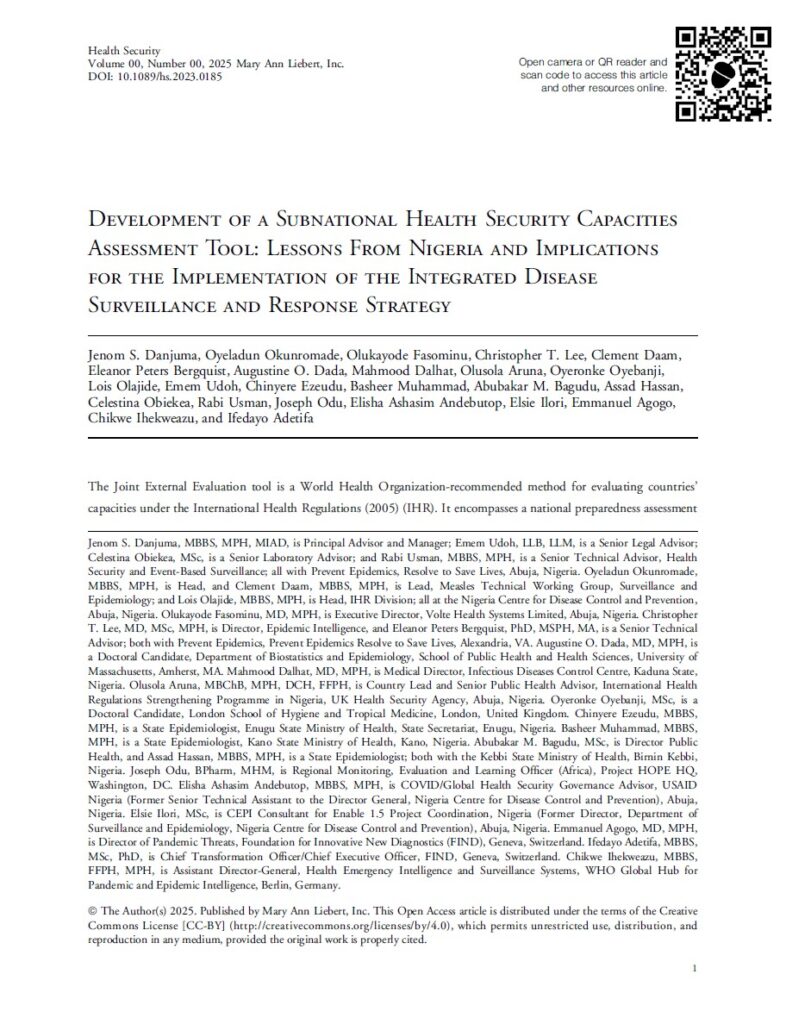
In a study published in Health Security, Resolve to Save Lives and partners introduce a tool for assessing subnational health security in Nigeria that evaluates state-level capacities under the International Health Regulations (2005) (IHR). With input from public health leaders and legal experts, the team used a legislative evaluation to determine feasible IHR activities within […]
Ethiopia adopts proclamation to improve delivery of health services

The Proclamation aims to improve the management and delivery of health services across Ethiopia.
Advancing gender equity in Africa’s digital health transformation
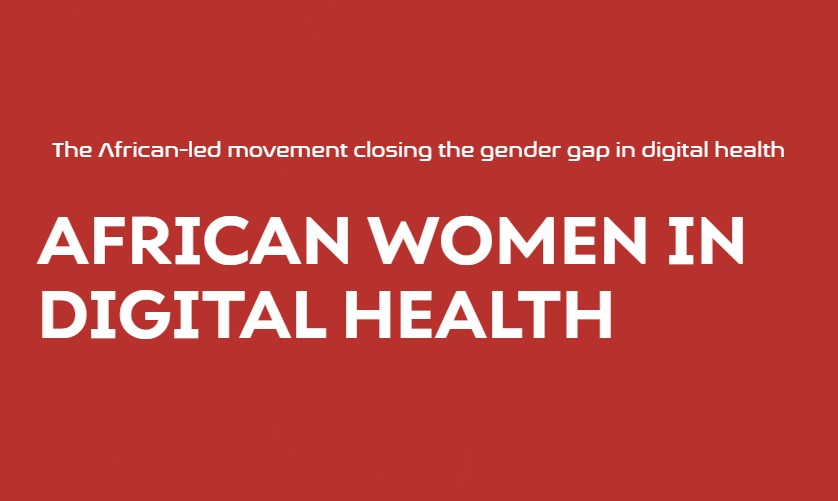
The African Women in Digital Health initiative
How “Epidemic-Ready” health facilities in Sierra Leone stopped measles in its tracks
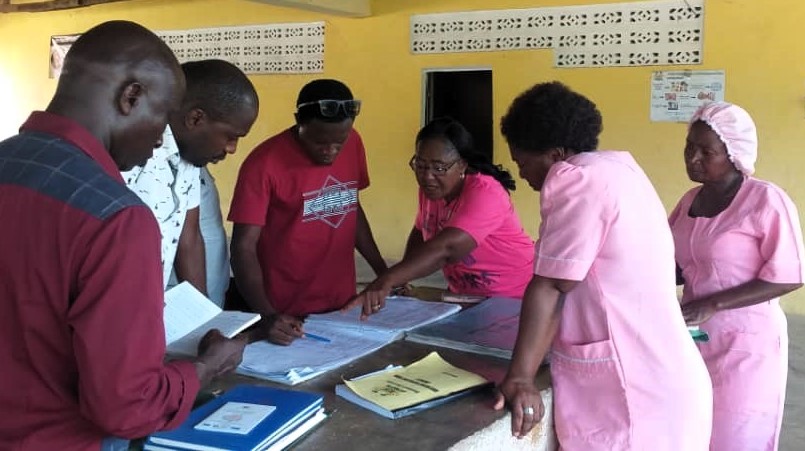
We partnered with primary health facilities in Sierra Leone to train frontline workers to detect and report infectious disease cases.
“Epidemic-Ready” health care workers in Uganda sound the alarm to end outbreaks faster
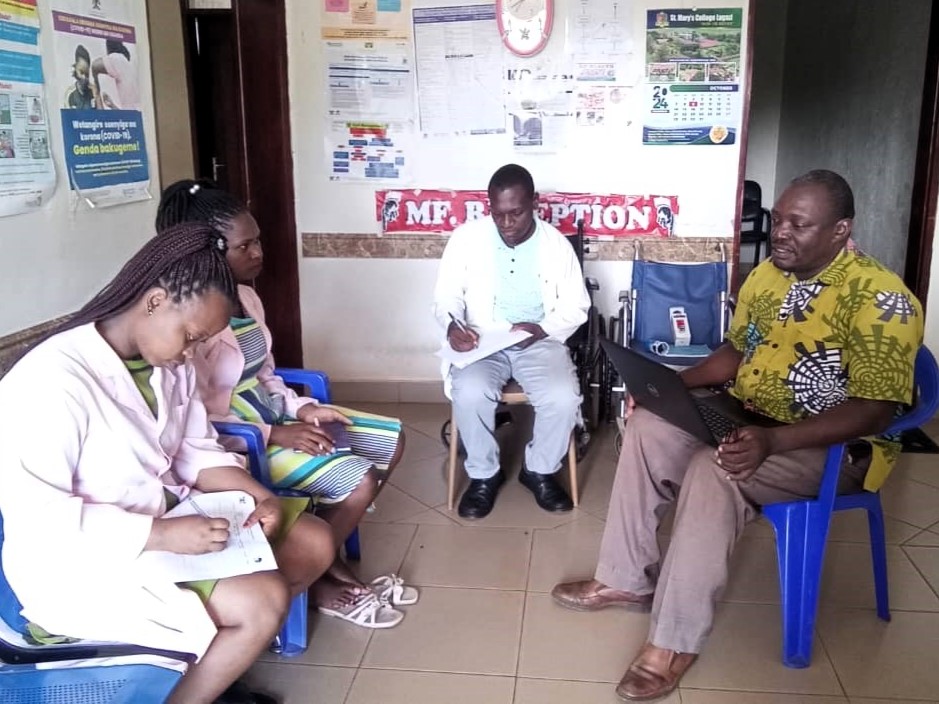
We partnered with Uganda’s Infectious Diseases Institute and its MoH to equip frontline health workers to quickly spot and report infectious disease threats in an Epidemic-Ready Primary Health Care project.
Widespread adoption of 7-1-7 in Uganda leads to rapid improvement and increased community protection
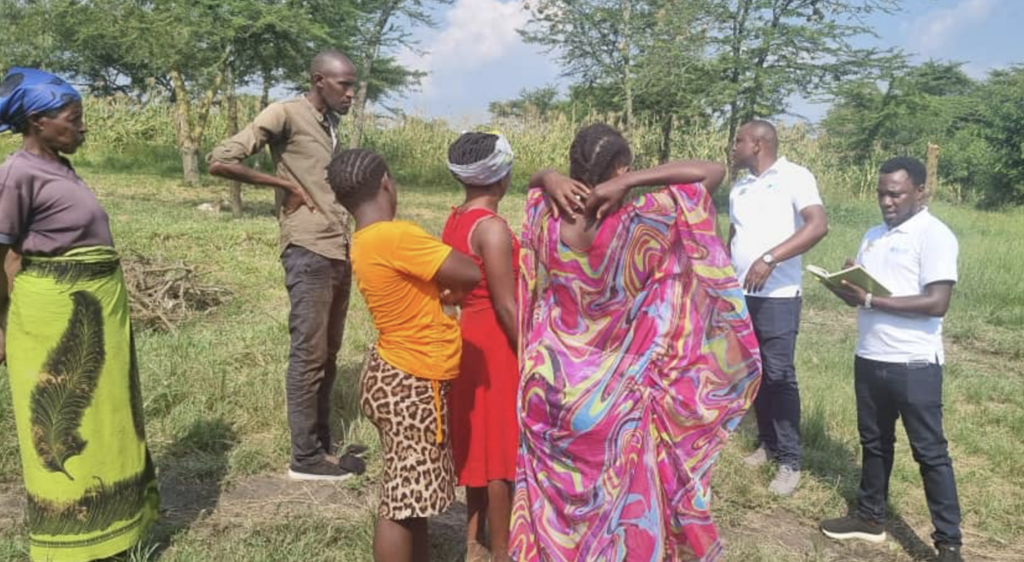
Deploying the 7-1-7 target during measles outbreaks in Uganda’s Kasese and Kiboga districts in early 2024 helped mobilize the political will and the resources necessary to respond to the outbreaks. It also helped the districts react more quickly when an even more deadly virus, the Crimean-Congo hemorrhagic fever, was detected months later.